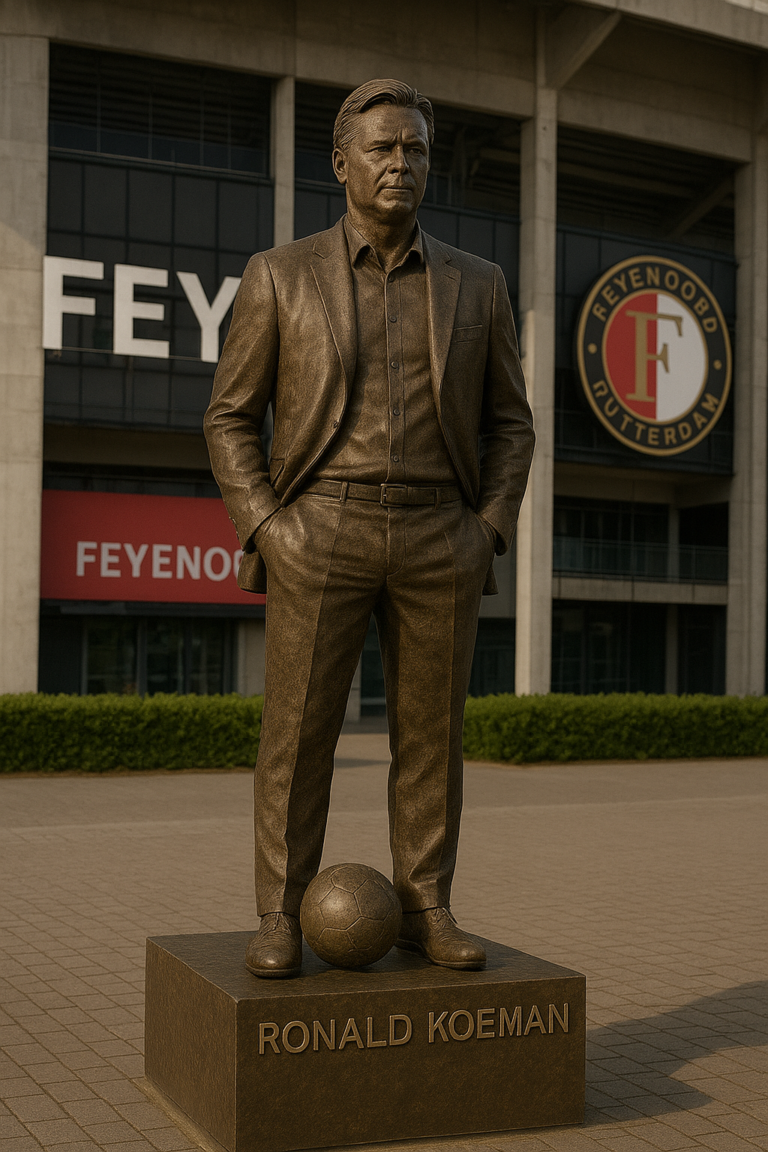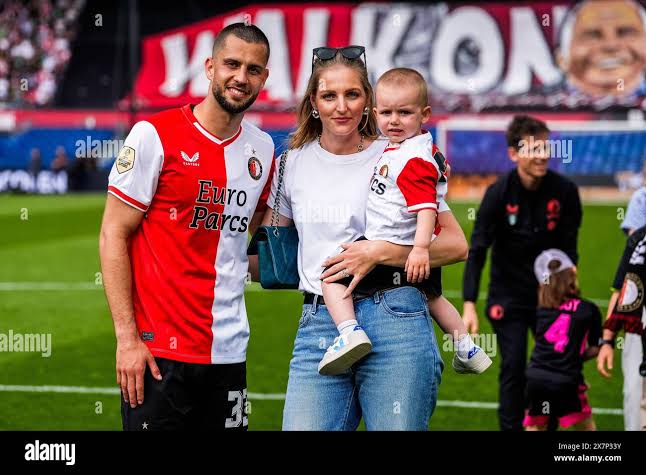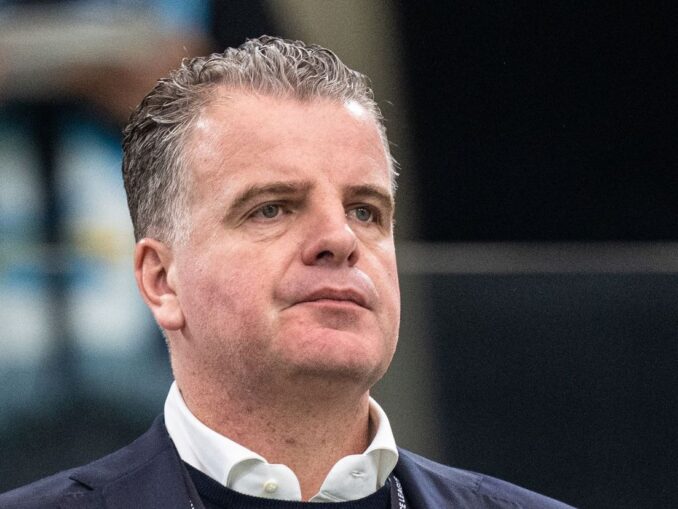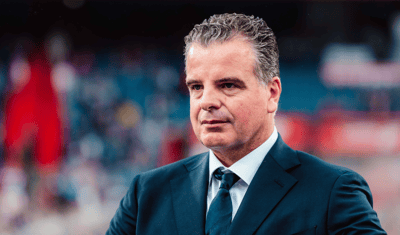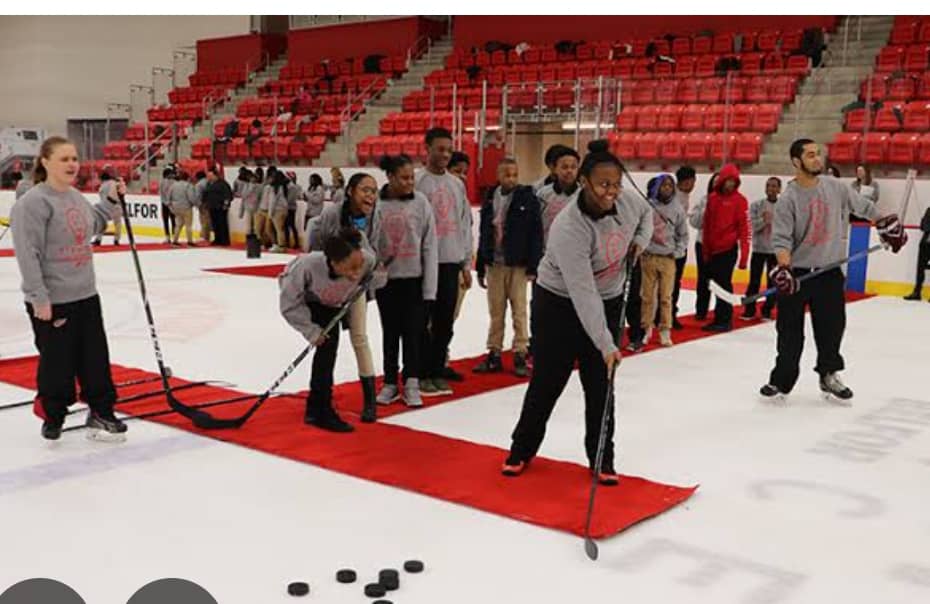
In a groundbreaking move that merges the energy of professional sports with the digital interests of today’s youth, the Detroit Red Wings, in collaboration with the NHL and the National Hockey League Players’ Association (NHLPA), have launched a new educational initiative called “Game On: An NHL/NHLPA Scholastic Gaming Initiative.” This innovative program is designed to connect young people with hockey through esports while equipping them with valuable life and academic skills.
Bridging the Gap Between Digital Culture and Traditional Sports
Esports and gaming have evolved into a dominant cultural force among youth, with millions of teens spending significant time engaging in online games. Recognizing this trend, the Red Wings and their league partners are leveraging the popularity of hockey-themed video games—especially the NHL game franchise—to introduce a new way of connecting with fans and nurturing a love for the sport.
“Game On” targets students aged 13 to 21, a critical age range when educational engagement, career interest, and social development converge. The program isn’t just about fun and games; it incorporates digital literacy, teamwork, leadership development, and personal growth through structured educational content and competitive gameplay.
What “Game On” Offers
At its core, Game On uses the EA Sports NHL video game series as a vehicle for learning and engagement. But the initiative goes far beyond just gameplay. It includes:
Academic Integration: Lessons in math, science, and media literacy are infused into gameplay. For example, students might analyze player stats and performance metrics or learn physics concepts through in-game movement and puck dynamics.
Leadership and Social Skills: Participants work in teams, develop communication strategies, and experience real-time collaboration—mirroring both real-world sports and modern work environments.
Career Pathways Exposure: Through interactions with Red Wings staff, NHL players, and guest speakers from various industries, students are introduced to potential careers in sports management, media, technology, and event coordination.
Inclusivity and Accessibility: Game On is intentionally designed to reach diverse and underserved communities. Whether a student has ever been on the ice or not, they can engage with hockey in a meaningful way.
Detroit: A Perfect Home for Digital Innovation and Sports Legacy
Detroit is no stranger to innovation. Known as the Motor City, it’s a town built on engineering, grit, and creativity. It’s also a city with deep sports roots and a passionate Red Wings fan base. By bringing Game On to Detroit classrooms and community centers, the Red Wings are tapping into this spirit of resilience and innovation.
The Red Wings are also addressing a critical concern: youth disengagement. In an era where traditional extracurricular involvement has dropped among teens, especially in post-pandemic years, Game On offers an alternative path to community, mentorship, and achievement.
Voices from the Ice and the Screen
Red Wings players and coaches have voiced enthusiastic support for the initiative. Lucas Raymond, one of the team’s rising stars, said, “When I was a kid, video games helped me fall in love with hockey even more. Programs like Game On help kids who might not have access to a rink experience the game in a fun, modern way.”
Educators participating in the pilot have also praised the program’s flexible, student-centered approach. One Detroit teacher remarked, “I’ve never seen my students so excited to learn math concepts—because they were using them to build their own NHL team strategy.”
Beyond the Controller: Real-Life Impact
While Game On uses a screen as a tool, its real goals are offline: build confidence, foster belonging, and spark curiosity in education and career possibilities. For youth from under-resourced neighborhoods, this can be transformative.
It’s also a recruiting tool—not just for hockey, but for STEM fields, broadcast media, and digital design. By interacting with NHL-themed challenges, coding games, and video editing, students gain exposure to skills they might not encounter in a traditional classroom.
Future Expansion and Legacy Building
Game On is currently in its pilot phase in select Detroit schools and youth centers, but plans are already underway for broader implementation across Michigan and other NHL cities. If successful, this program could redefine how professional sports teams engage with young audiences—not just as fans, but as future leaders and creators.
For the Red Wings, this isn’t just about fostering a new generation of fans—it’s about building a legacy that blends the best of hockey’s tradition with the promise of tomorrow’s technology.
Conclusion
The launch of Game On by the Detroit Red Wings, NHL, and NHLPA is more than a PR campaign—it’s a strategic investment in the future of youth engagement. By meeting kids where they are—on consoles and computers—the Red Wings are skating ahead of the curve. They’re not just growing the game of hockey; they’re shaping the future of education, digital literacy, and social development.
In the rapidly changing landscape of youth interests and educational needs, Game On is a bold step toward turning passion into purpose—one goal, one game, one young mind at a time.



